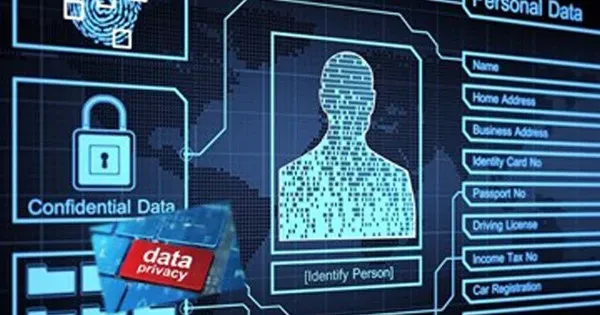Vietnam‘s rapid digital transformation is powering its economy, but it’s also creating new vulnerabilities. The increasing reliance on technologies like AI, cloud computing, and big data analytics means personal data is more valuable – and more at risk. This digital evolution, while beneficial, has inadvertently created an environment ripe for exploitation by cybercriminals.
Millions of Vietnamese citizens have had their personal information exposed in recent incidents, prompting swift action from authorities. The government is now working to patch security gaps and implement stricter data protection policies to combat the growing threat. This includes reviewing existing cybersecurity infrastructure, updating legal frameworks, and increasing public awareness about online safety.
Understanding the scope of these breaches and the steps being taken to address them is crucial for both individuals and organizations operating in Vietnam. The impact of these breaches extends beyond immediate financial losses; they can erode consumer confidence, damage corporate reputations, and potentially expose individuals to identity theft and other forms of cybercrime.
The Scale of the Problem
According to Viettel Cyber Security, a leading cybersecurity firm in Vietnam, the country has experienced a significant increase in data breaches. Recent reports highlight at least ten major incidents that have brought this issue to the forefront. These incidents highlight the urgent need for improved cybersecurity measures across various sectors. The scale and nature of the breaches are deeply concerning, impacting both individuals and organizations.
Major Breach Incidents
Specific examples of these breaches, as reported by Viettel Cyber Security, paint a concerning picture:
- A tech company suffered a massive leak of 300GB of source code and customer data, which was subsequently offered for sale on the dark web. This incident not only exposed sensitive intellectual property but also put the personal information of countless customers at risk.
- Two major universities experienced database leaks totaling 500MB. These breaches compromised the personal data of students, faculty, and staff, including names, contact information, and potentially academic records.
- Media and retail firms suffered source code leaks comprising 3.5 million records. This could enable malicious actors to exploit vulnerabilities in their systems, leading to further data breaches or disruptions in service.
- A breach in the energy sector exposed system code and customer data, raising concerns about potential disruptions to critical infrastructure and the safety of sensitive information.
- Four additional cases involved 15GB of source code and nearly 4 million personal records, further underscoring the widespread nature of the problem.
The leaked data often includes highly detailed personal profiles, encompassing full names, birthdates, national ID numbers, addresses, phone numbers, bank accounts (including balances), family relations, job titles, and workplace information. This level of detail makes individuals highly vulnerable to identity theft, financial fraud, and other forms of cybercrime.
Government Response and Security Measures
In response to these escalating threats, Vietnamese authorities have taken several steps. They have focused on patching known security gaps in government systems and critical infrastructure. Public warnings have been issued, urging citizens and organizations to exercise caution when sharing sensitive information online, particularly phone numbers and bank details during online transactions.
Law on Personal Data Protection
Furthermore, the Vietnamese government recognizes the critical importance of a robust legal framework for data protection. The Law on Personal Data Protection is under development with an implementation date expected soon. This law aims to establish clear guidelines for the collection, storage, processing, and sharing of personal data, bringing Vietnam in line with international best practices.
The law is expected to address key aspects such as:
- Defining the rights of individuals regarding their personal data, including the right to access, correct, and delete their information.
- Establishing obligations for organizations that collect and process personal data, including the need to obtain consent, implement appropriate security measures, and notify individuals in the event of a data breach.
- Creating a regulatory body responsible for overseeing the enforcement of the law and investigating data breaches.
The proposed law emphasizes the need for clarity in the purpose of data use, the authenticity and accuracy of data sources, and the allowable time for data storage. It also calls for a mechanism for individuals to withdraw consent and a policy for the deletion and destruction of personal data when it is no longer needed or when consent is withdrawn. These measures are designed to empower individuals and hold organizations accountable for protecting personal data.
Looking Ahead
The implementation of the Law on Personal Data Protection is expected to significantly enhance data security and privacy in Vietnam. However, its effectiveness will depend on robust enforcement, widespread awareness among citizens and organizations, and ongoing efforts to adapt to the evolving landscape of cyber threats.




